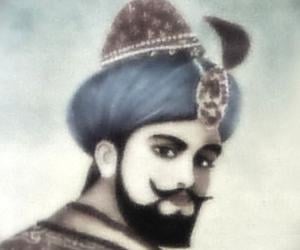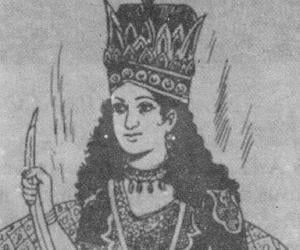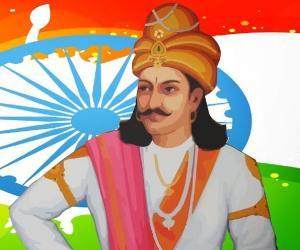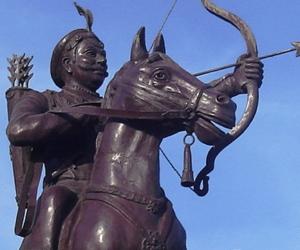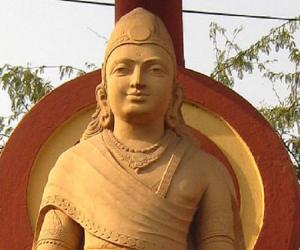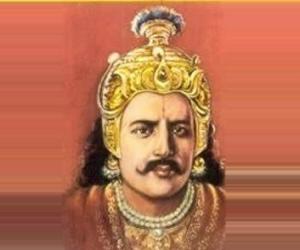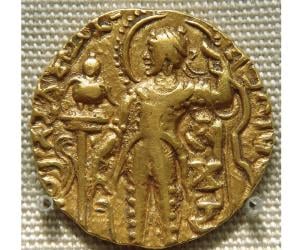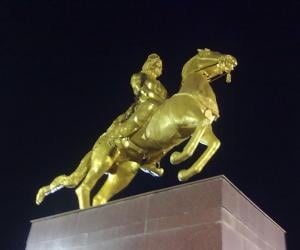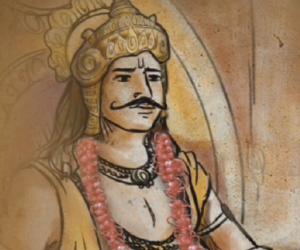Born In: Central Asia
Iltutmish
Shams ud-Din Iltutmish was the first Muslim sovereign to rule from Delhi. It's under his rule that the Delhi Sultanate gained a firm footing in the subcontinent. His military career began in the Ghurid empire, in the service of Mu'izz ad-Din Muhammad Ghori. Iltutmish steadily rose to prominence. When he ascended to the throne in Delhi, he strategically overpowered his rivals and successfully protected the territories of his kingdom in all directions. Not only did the Delhi Sultanate expand geographically under Iltutmish's rule but he also established processes that ensured the smooth administration of his kingdom. Despite being religious, Iltutmish didn't let his beliefs get in the way of diplomatic decisions. This balance between religion and politics became the hallmark of Turkic rule in India. By the time of his death, the Delhi Sultanate was the largest and most powerful kingdom in North India.
